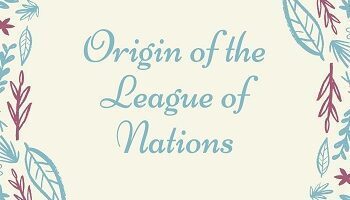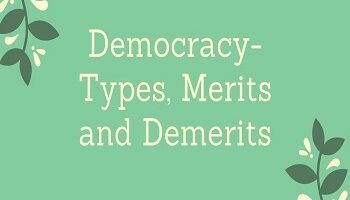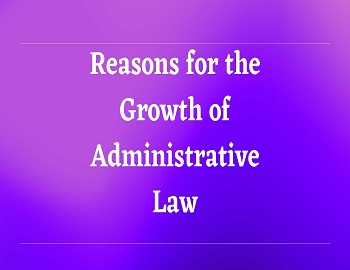Prestige:
Prestige means the dignity, respect, and appreciation that an officer, his post, or service as a whole enjoys in the estimation of the people. Undoubtedly, it is a product of certain attributes possessed by the personnel, their group, and the organization as a whole to which they belong. Nevertheless, it also depends to a very large extent on the estimation of others. For example, the people have a very high estimation of the Indian Administrative Service in India and it enjoys the top most prestige in the social system.
Conceptualizing Prestige, Dr. L. D. White observes that it means “the attribute of social appreciation which may attach to a person, a group or an institution or a service…. It is external to the person or group concerned.” In other words, prestige can be defined and evaluated in terms of the respect or appreciation that an officer, his post, service, or career as a whole enjoys in the eyes of the people.
Prestige is a relative quality. One individual or group may attach greater or less prestige to a job, career, or organization than another. As such, there is no obvious and objective fixed point from which prestige can be measured in absolute terms. Furthermore, it keeps on changing in either way i.e. increasing or decreasing under the impact of an organization’s work on the society for which it works. Any error or scandal involving its work can lower its prestige. Likewise, any achievement can increase its prestige.
A study conducted in the USA by the National Opinion Research Centre revealed the following elements which go to make up the Prestige of an officer or a service:
- a high income.
- the character of the job held in relation to the service to the community.
- high qualifications and reputation for hard work.
- social position.
Prof. L. D. White lists the following constituents of Prestige:
- wearing of uniform.
- association with well-known persons.
- security of tenure of the office held.
- capacity to exercise power.
- high standard of skill and integrity.
- the attitude of the leading men of the country.
The prestige of public service differs from one country to another and also from one service to another within the same country. Broadly speaking, Public Services enjoy high prestige in Britain, France, Germany, and India. In the USA, public services command less prestige in the eyes of the people. Here people prefer private service or enterprise over government service.









Comments (No)